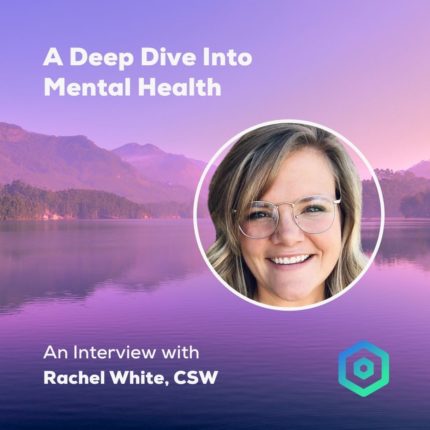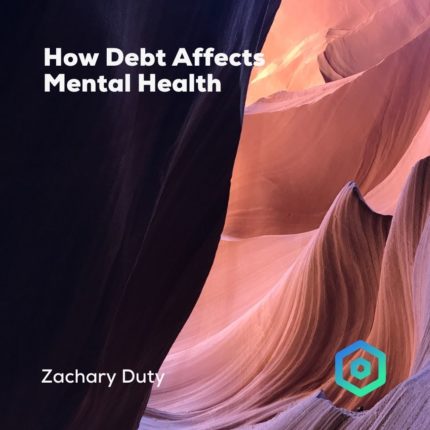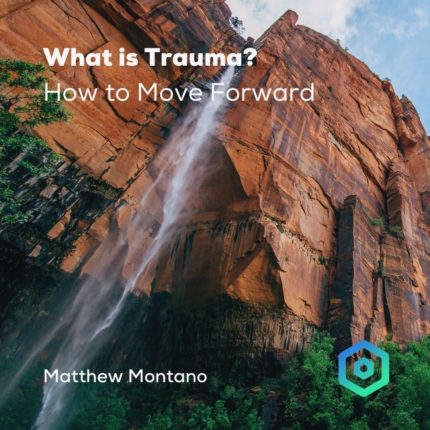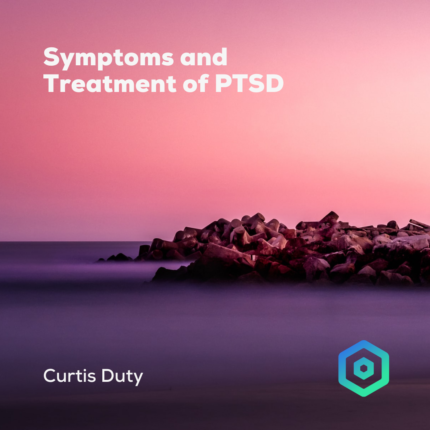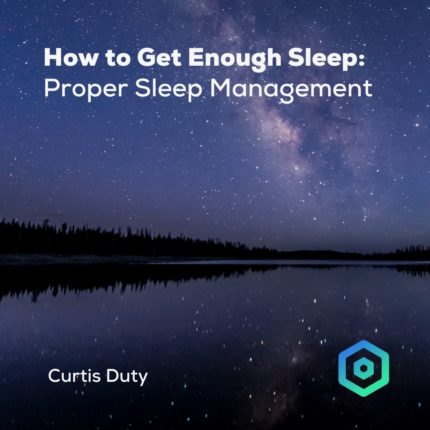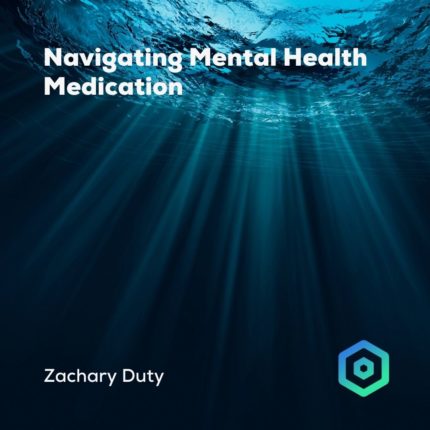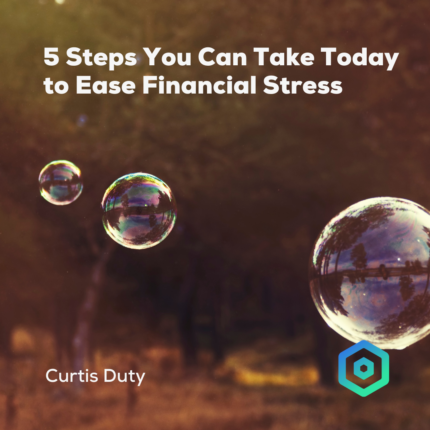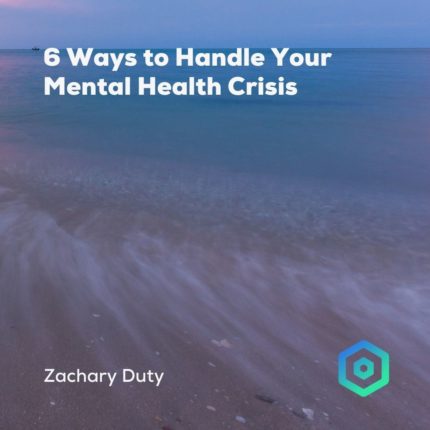A Deep Dive Into Mental Health With Rachel White
In this interview, we asked one of our volunteer licensed therapists to clarify some mental health terms and explain the difference between anxiety and panic attacks.
“Your brother is a psychiatrist? So not a real doctor?”
“That ride was so scary! I’m going to have a panic attack.”
“I think you’re overreacting; I know people who’ve had real trauma.”
These statements may seem familiar to you if you’ve been in discussions about mental health. Unfortunately, these discussions can be riddled with misperceptions and misunderstandings about mental health terms and mental health itself, from what it is to how it manifests.
Understanding Mental Health Terms: Q&A
When it comes to mental health, terminology matters. In our ongoing efforts to promote understanding about mental health, we spoke with Rachel White, one of our volunteer licensed therapists who has practiced for more than a decade in northern Utah. We asked Rachel to clarify commonly confused mental health terms, and she answered some of the most asked questions in the mental health space.
Is a therapist the same as a psychiatrist or a psychologist? What’s the difference?
This is a question we get a lot in the mental health field. I don’t blame anybody because there are so many acronyms MFT, psychiatrist, PsyD, Ph.D., CSW — so there’s a lot of acronyms that can be overwhelming for someone looking for a therapist. First, there’s a whole slew of types of therapists: you can get a marriage and family therapist, you can get a licensed professional counselor, you can get a social worker—there are tons of different types. The biggest thing with a therapist is finding someone that fits you, right? So, look at their bio, and do the research.
- A psychiatrist is actually an MD (Doctor of Medicine) of mental health and that’s more of the prescriber base of psychotropic medications. They go to medical school and then specialize in psychiatry. If they want to do child psychiatry, it’s an additional four years after medical school. It’s a very specialized kind of doctor for that, whereas a psychologist has a doctorate in psychology and a clinical base.
- A therapist usually has just a master’s and they’re certified in therapy. So, there’s a lot of different questions with that, but the main one comes down to their education. That’s something you want to think about when you look for a therapist: Are you looking for medication? Are you looking for more advanced testing, which is more of a psychologist route, or are you needing mental health? They’re so intertwined. Starting out, someone usually goes to their medical doctor first and they’re like the gatekeeper. They help figure out exactly where you are and what route you might want to go. So that’s always a good starting point.
What’s the difference between a panic attack and an anxiety attack?
People use these mental health terms interchangeably, but they’re actually very different. There’s a somatic or a physiological difference in them. The first thing you want to know about panic and anxiety attacks is that it’s our adrenal glands secreting hormones, and they secrete them very differently based on panic or anxiety.
- Anxiety releases cortisol, which is the worried or anxious hormone; we’re worried about something we’re perceiving as a threat, right? Where something might happen — maybe you have a test coming up, you’re really anxious about bills, or whatever it may be.
- Panic secretes adrenaline, which is very interesting because adrenaline is more fear-based, life-threatening, dangerous. It wants you to take action quickly. There is an imminent threat. If someone comes in your room charging, or you see a tiger or something else that feels very life-threatening, you respond.
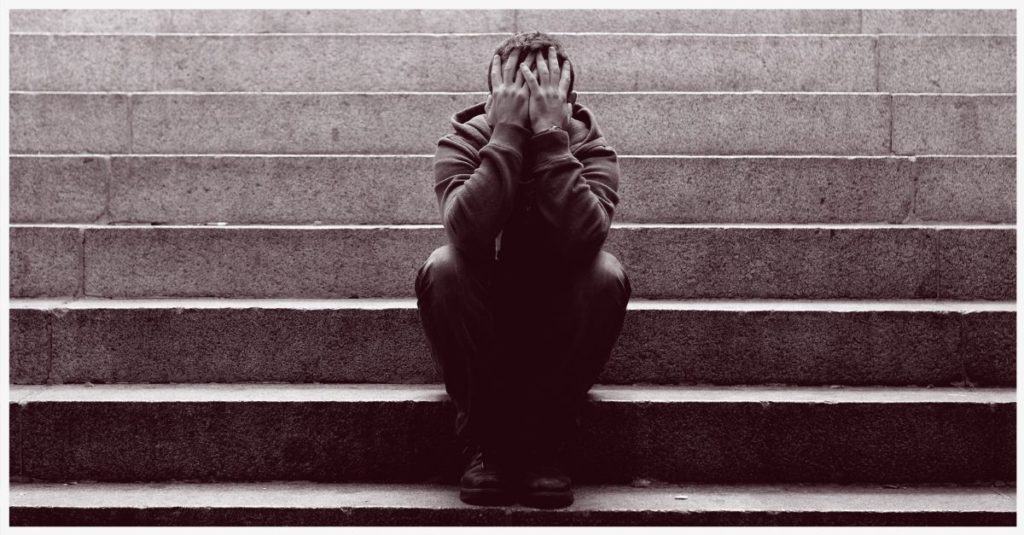
When you have a panic attack versus an anxiety attack, you have a very different physical response. A lot of times it’s the anxiety, right? You have a perceived threat. You’re having these thoughts. Things are going on around you. Sometimes we can get so wrapped up in that that it can lead to a panic attack. “Oh my goodness, this is going to happen.”
That can lead to adrenaline being released, so you need to be very careful and be very cognizant when you are a little anxious. It can be a good motivator to help you work through a test, help you study because there is the “Oh, what if I fail? I want to do well.” That can be a good motivator, but if it’s taken too far, it can lead to panic.
How to Alleviate a Panic or Anxiety Attack
The best thing that you can do to help with those panic attacks and anxiety attacks is through grounding. Grounding helps you realize, “Okay, where am I at? Is there a perceived threat? Is it okay to be worried about this?” Noticing what’s going on around you and what is relevant around you too. “It’s okay that I’m worried about this test. Is the world going to end if I fail this test?” Sometimes our thoughts take us to those extremes, so it’s important that we keep those in check and there are specific skills that we can talk about. Knowing the difference—that your body is responding differently to panic and to anxiety—and noticing your own triggers and your own responses is important as well.
“I feel that my problems aren’t nearly as bad as others,” is it still okay to see a therapist?
One of the big rules of mental health is you can’t compare. Don’t compare traumas; everyone has their own weaknesses, troubles, or traumas, and it’s important that you don’t compare them to somebody else’s. If we were to do that, no one would get the help that they need.
Same thing if you had a cut on your arm, went into the hospital, and saw that someone broke their back. Is your cut still important? Absolutely. We need to make sure that the cut is cleaned, taken care of—that’s part of the emotional first aid for mental health. We have to take care of ourselves in whatever capacity. So, when you feel like your problems aren’t as bad as somebody else—yeah, I can see where you might think they have it worse, but that doesn’t mean that they are. It’s something to be aware of. We have to take care of ourselves.

As Rachel White explains, it’s important to understand when and how to talk about topics like therapy and attacks. While the terminology around mental health matters, we hope our discussion will help you understand the context in which these terms are used. Using the right terminology and framing the discussion appropriately promotes compassion, understanding, and support in your community.
About Rachel
Rachel White is a clinical social worker who has worked in the mental health field for over a decade and has helped multiple populations overcome a wide range of challenges. Her specialties include trauma/PTSD, depression, anxiety, grief and loss, emotional healing, self-word, and overall wellness.
Rachel White | Family Solutions Counseling (familysolutionsutah.org)
